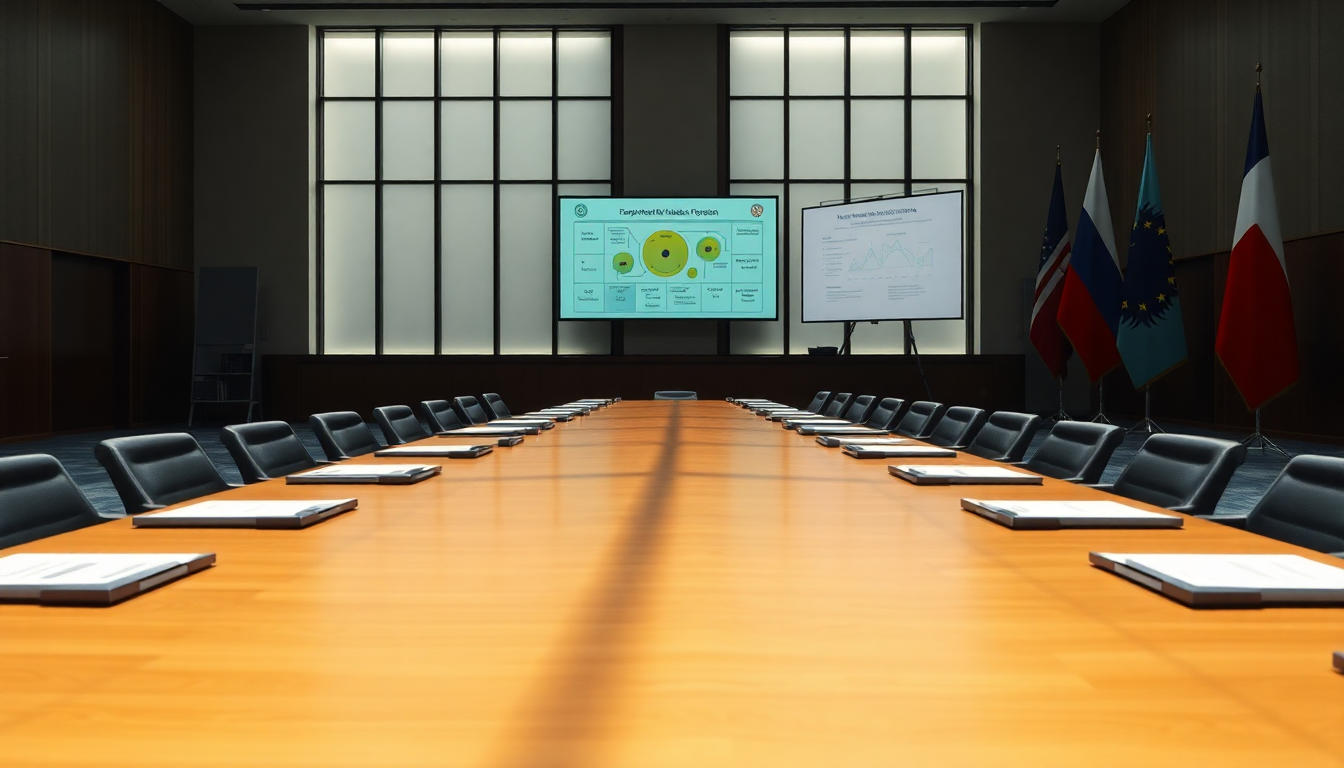Table of Contents
In a notable twist in international relations, French President Emmanuel Macron and Russian President Vladimir Putin have kicked off discussions that signal a shared commitment to tackling the ongoing crisis surrounding Iran’s nuclear program through diplomatic means. This conversation marks their first known interaction since the heightened tensions of 2022, particularly with the ongoing conflict in Ukraine casting a long shadow over global politics.
Key Discussions on Ukraine and Iran
During a two-hour phone call, Macron made it clear that France stands firmly behind Ukraine, emphasizing its sovereignty and territorial integrity amid the turmoil that has devastated the region. He called for an immediate ceasefire and urged both Ukraine and Russia to start negotiations to find a lasting resolution. This reflects the growing urgency felt by many in the international community for a peaceful solution to the conflict—an appeal for calm in a world that often feels anything but.
On the other hand, Putin reminded everyone of the complexities surrounding the war, placing much of the blame on the policies of Western nations. This perspective suggests that any peace agreement would need to be thorough and enduring, taking into account the intricate geopolitical dynamics at play. It’s clear that both leaders have quite the diplomatic maze to navigate as they work through these challenging discussions.
Mutual Commitment to Diplomacy
When it comes to Iran’s nuclear ambitions, both Macron and Putin agreed on the necessity of engaging diplomatically. They recognized Tehran’s rightful pursuit of peaceful nuclear energy while stressing the importance of adhering to international obligations under the Treaty on the Non-Proliferation of Nuclear Weapons. This collaborative approach hints at a willingness to work together to ensure Iran meets its commitments—something that’s crucial for maintaining stability in the region.
The Kremlin has pointed out the significance of the International Atomic Energy Agency (IAEA) in this dialogue, emphasizing that ongoing cooperation is essential. This commitment to diplomacy reflects a broader shift in international relations, where leaders are increasingly leaning toward negotiation instead of confrontation, especially on sensitive issues like nuclear proliferation. Isn’t it refreshing to see this trend toward dialogue?
Looking Ahead: Coordination and Future Talks
Following their constructive conversation, both leaders have agreed to coordinate their efforts and keep the lines of communication open. This commitment to regular check-ins is vital for building trust and ensuring that diplomatic initiatives are pursued effectively. As the global community watches closely, the outcomes of these talks could impact not just Ukraine and Iran, but international relations as a whole.
As the situation continues to unfold, the focus on diplomacy serves as a reminder that dialogue can indeed pave the way for resolution. The willingness of these leaders to engage in honest discussions is a hopeful sign, suggesting that despite the challenges ahead, there’s a path forward through diplomacy in addressing the intricate issues surrounding both the Iranian nuclear crisis and the conflict in Ukraine. Can we dare to hope for a more peaceful future?


